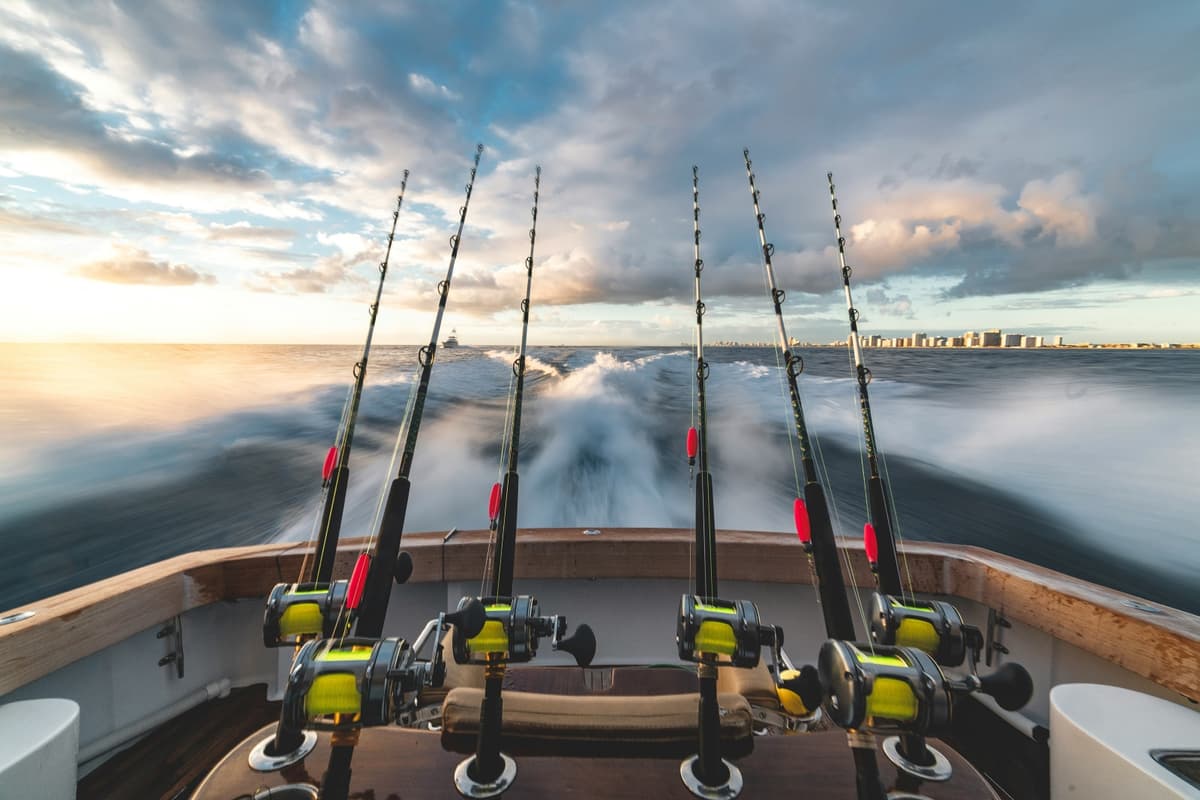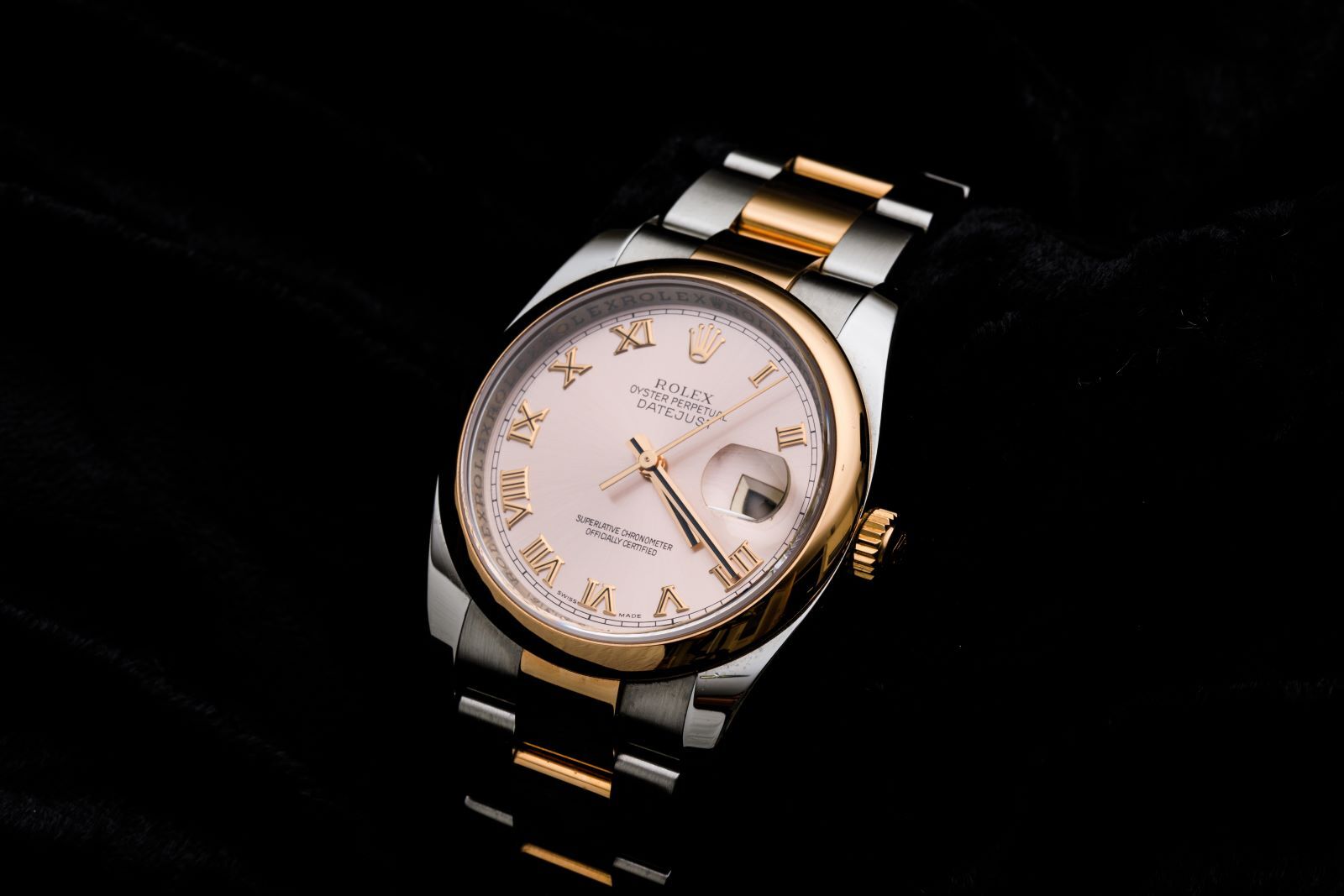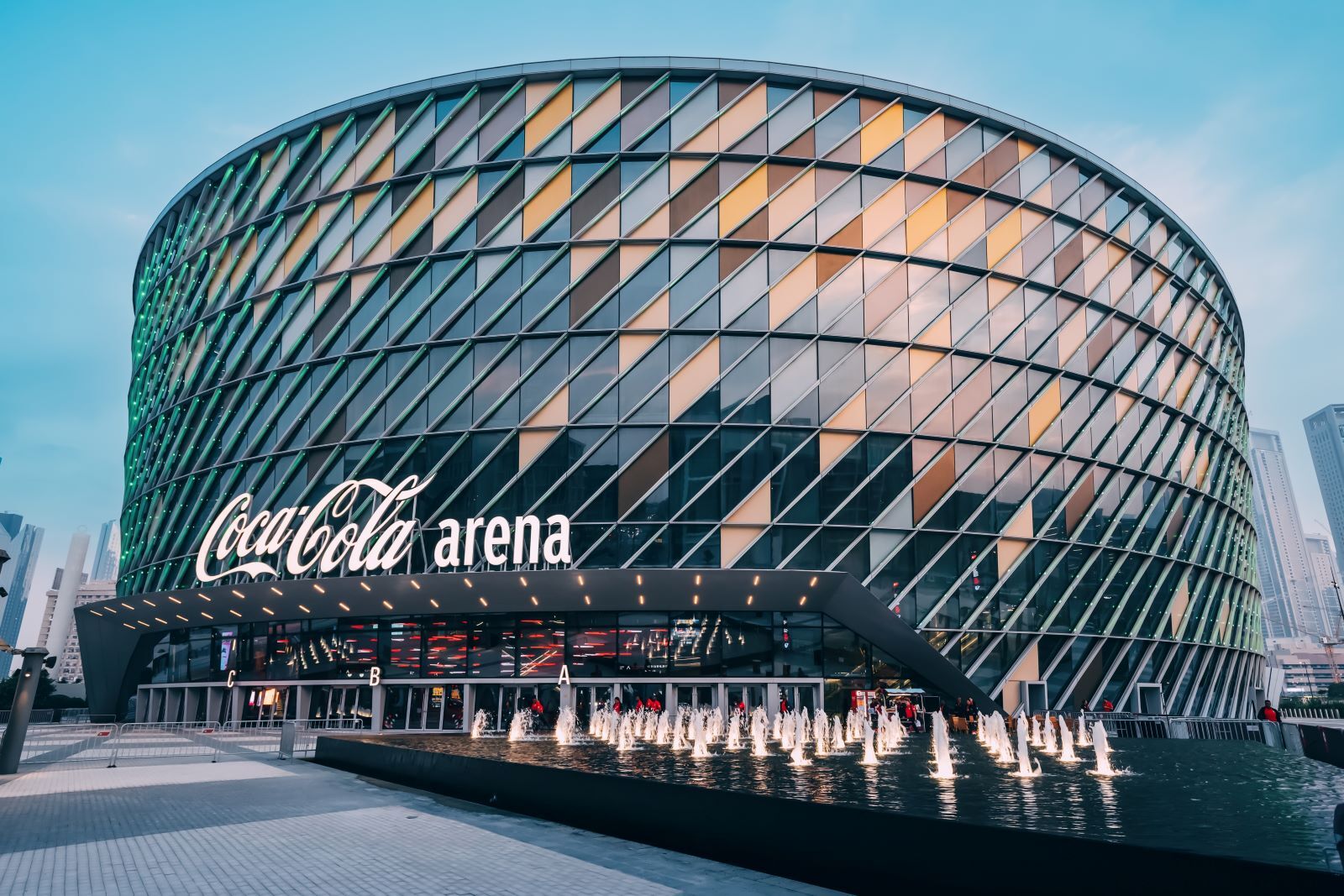Fishing License in Dubai – A Complete Guide
Published: 11 July 2024
Before Dubai transformed into the cosmopolitan centre it is today, inhabitants relied on the Persian Gulf and its abundant fish for sustenance. Fishing, however, is not a pursuit for the impatient; it demands both skill and perseverance. Hours may pass before a catch is secured, only for it to slip away. Yet, despite its challenges, fishing has a dedicated following and remains a lesser-known activity in Dubai. Though the city’s fishing culture attracts numerous tourists, fishing in Dubai entails navigating various legalities. This comprehensive guide explains the complete process of obtaining a fishing license in Dubai.


A fishing license is required in Dubai to be allowed to fish on the shores legally. This is to protect marine life from overfishing due to high tourism. The government enforces regulations to prevent ecological damage, with fines of up to 1,000 dirhams for unlicensed fishing. Licenses are issued to UAE citizens and residents, while tourists can obtain short-term permits from fishing license companies. These companies often provide fishing trips with boats, captains, and experienced crews, ensuring a sustainable and enjoyable experience while preserving marine ecosystems.
Recreational Fishing License
A recreational fishing license in Dubai is free and allows fishing with a rod and line, from a boat or the coast within Dubai waters. However, the license does not grant permission to fish everywhere; specific locations are designated for fishing, and certain protected species must not be caught. This ensures sustainable fishing practices and conservation of marine biodiversity.
Documents required
To apply for a recreational fishing license in Dubai, the following documents are required for UAE nationals: - Passport copy - Emirates ID (with residency for non-local) Photographs - Boat license (if applying for a permit to fish using a boat)
For residents, additional documents include: - Proof of housing (housing rental contract or ownership of the residential property) - Electricity bill issued in the applicant's name from DEWA - Employment contract if housing is provided by the employer - Labour card/work permit
Steps to Apply for a Recreational Fishing License
In Dubai, the Natural Resources Protection section of the Dubai Municipality is responsible for providing licensing services to those who wish to fish in the city’s waters. You can apply for a recreational fishing license by visiting the online portal or the Environment Department office directly. To apply for a recreational fishing license online in Dubai, follow these detailed steps: - Visit Dubai Municipality's official website. Under ‘Services’ you will find the Marine and Coastal Environment section. Click on the tab, “Apply for a Recreational Fishing License”. - Complete the application form with your personal details. Upload the necessary documents.
The license is usually issued within 3 working days.
For Tourists:
The government issues a one-week fishing permit, free of charge in Dubai. Fees in other emirates: Fujairah or Sharjah (50 Dirhams), Ajman and Ras Al Khaimah (110 Dirhams), Abu Dhabi (120 Dirhams).
Terms & Conditions
The terms and conditions for fishing in Dubai are as follows: - The recreational fishing license is valid for one year and can be renewed annually. - The license allows fishing in specific areas where recreational fishing is permitted. - Recreational fishing licenses are issued exclusively to Dubai residents. Proof of residence is mandatory for processing the application. - Applicants must be at least 18 years old to apply for the license. However, children under 18 are allowed to fish without a license, following Federal Law No. (23) concerning the exploitation, protection, and development of living water resources in Dubai. - A recreational fishing license allows the holder to fish on a boat or across Dubai waters as long as the rules of Federal Law No.23 and Federal Law No.7 are observed.
Rules and Regulations for Fishing in Dubai
Dubai enforces strict fishing regulations to protect its marine ecosystem. Key rules and regulations include:
1. Designated Zones and Gear:
Fishing is allowed only in specific areas such as Al Mamzar Creek, Al Maktoum (Bur Dubai side), Creek Park & Al Garhoud Bridges (Deira side), Jumeirah, and Umm Suqeim and Al Sufouh beaches. Only specific gear, like rods and lines, are permitted for recreational fishing. The use of trawling nets, nylon nets, drift nets, and bottom-settling nets is strictly prohibited.
2. Catch Limits and Restrictions:
Catch limits, including size and bag restrictions, apply to various species to ensure sustainable fishing practices. Seasonal closures from June to October protect fish during their breeding periods, allowing fishing only from November to May.
3. Licensing Requirements:
A valid fishing license is mandatory for all anglers. Spearfishing requires a separate permit.
4. Environmental Guidelines (Federal Law No. 23)
All anglers must adhere to environmental guidelines to preserve Dubai’s marine habitats. Federal Law No. 23 outlines the rules protecting the UAE's aquatic resources, including: - Capturing sea turtles, sea cows, whales, and other sea mammals or tampering with their habitat and collecting their eggs is forbidden. - Extracting sponges, coral reefs, and oysters is prohibited except for scientific research. - Certain fishing methods and equipment are not allowed. These regulations are in place to secure sustainable fishing practices and the protection of marine life in Dubai’s waters, promoting responsible and enjoyable recreational fishing.
Renewing a Fishing License in Dubai
Dubai authorities do not require the renewal of fishing licenses. These licenses are valid for one year, and upon expiration, you must apply for a new license following the same procedures as the initial application.
Fishing Spots in Dubai and What Can Be Found There
One of the best places for fishing is under the Al Maktoum Bridge on the Bur Dubai side, where you can find fish like Hammour, Barracuda, and Tilapia. It's important to remember that fishing is prohibited on the Deira side of the bridge. Al Mamzar Creek offers another excellent location, provided you avoid areas near Mamzar Corniche, investment spaces, landing bases, and swimming areas. Here, you can also catch Hammour and Barracuda, with occasional Tilapia making an appearance.
For a coastal fishing experience, head to the breakwaters behind Sunset Mall at Jumeirah and Umm Suqeim beaches. These areas are accessible as long as you steer clear of the designated swimming areas. In these breakwaters, you can expect to catch Tuna and King Mackerel from October to May. Hammour and Barracuda are available all year round. Under the Garhoud Bridge on the Deira side, you’ll find a favoured fishing spot. However, avoid fishing on the Bur Dubai side of the bridge and below the Business Bay bridge. This area, like others, is abundant with Hammour, Barracuda, and Tilapia. Al Sufouh Beach also offers good fishing opportunities at its breakwaters. Ensure you're not in the designated swimming and investment areas. This spot provides a similar range of fish, including the larger species like Tuna and King Mackerel in the cooler months, and Queenfish and Sailfish during the warmer months.
Final Take
While fishing may appear as a tranquil pursuit, its allure extends far beyond the mere act of catching fish. It serves as a powerful means to unwind and rejuvenate, offering solace for the mind. The thrill of the hunt fascinates enthusiasts, while the anticipation of engaging in a battle with a potential catch, perhaps a sizable one, adds an element of excitement to every cast. Yet, the true satisfaction lies in the culmination of efforts when one successfully lands their own dinner—a sensation difficult to articulate but profoundly gratifying, deserving of firsthand experience.



